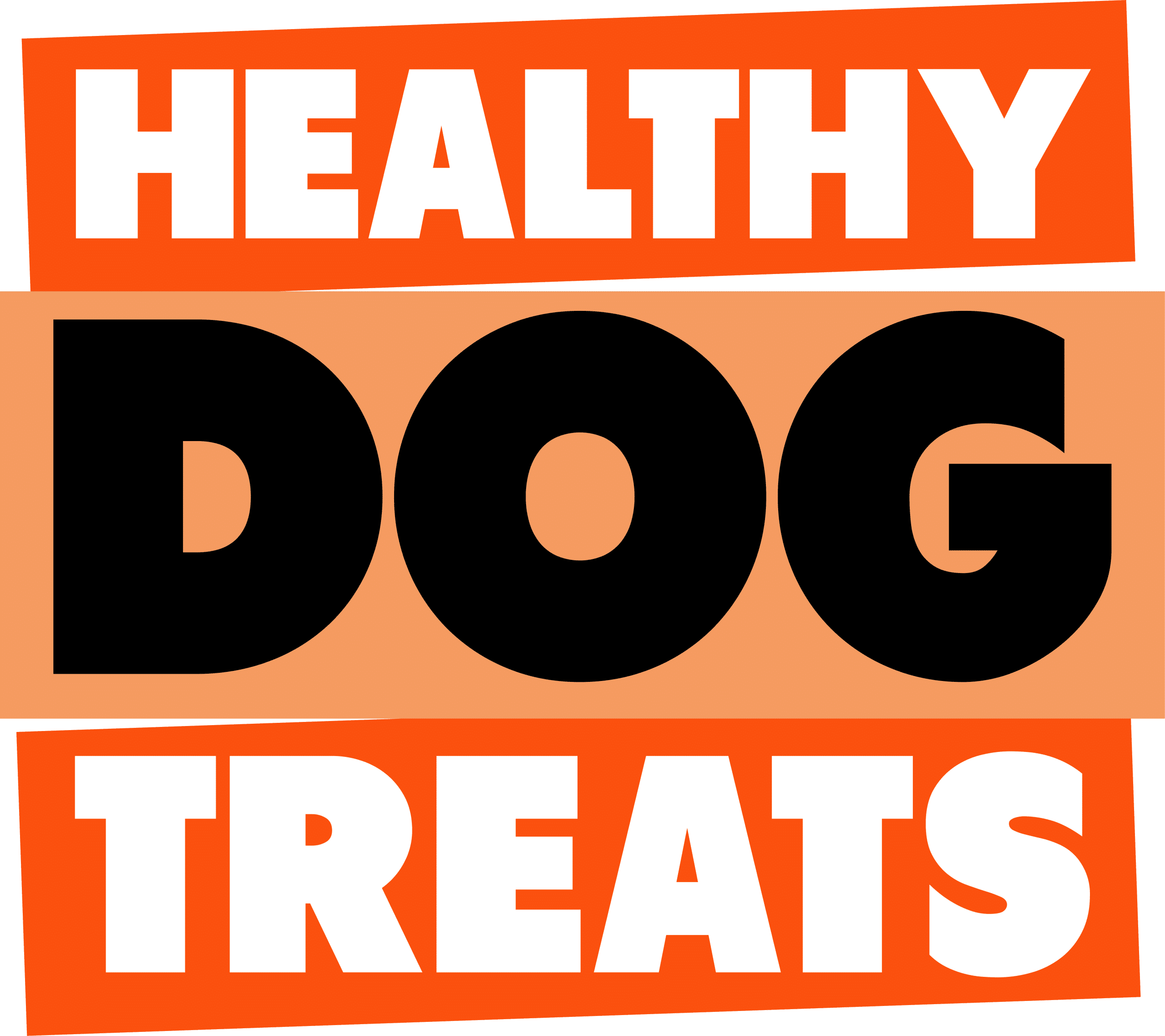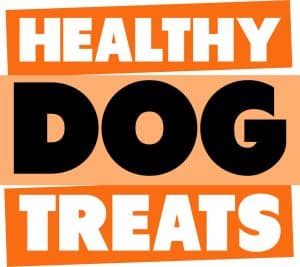No products in the cart.
Are dogs carnivores? Actually, dogs are meat eaters stated by the scientists in scientific journals.


Are dogs carnivores? I have said it many times before and will continue to state it, DOGS ARE CARNIVORES. And that is exactly the reason that I sell healthy MEAT dog treats..
But how can I be so sure that dogs are carnivores? Besides all of the previous facts I have covered in the articles on this site and the journal references, I will go over the facts again. The fact is that almost all scientific papers written about dogs refer to them exclusively as carnivores. No ifs or buts, no qualifiers to reduce the meaning of what their diet should include, which simply put is meat and bones.
Domestic Dogs evolved recently from wolves, wolves are carnivores, dog are carnivores …
It is now widely acknowledged through DNA analysis that the modern dog, Canis familiaris, is a direct descendent of the gray wolf, branching off only about 15,000 years ago. Evolution, of the dogs digestive system did not evolve rapidly like their outward appearance, as it had no need to do so.
An article on vetbalance.com explains succinctly why dogs are carnivores: “all dog families as well as the cat are members of the Order Carnivora meaning they evolved as carnivores described in the scientific literature as a flesh eating predatory member of the animal kingdom. Wild dogs prefer to hunt in packs seeking a dog diet rich in meat sources in the form of small or large animal prey and occasionally are seen including berries, fruit and some plant parts in their diet. This behavior poses some ethical questions – are a few berries and plant parts enough to justify calling our canine friends quasi-omnivores and consequently justify a large amount of carbohydrate we find in almost every commercially prepared diet today?”
At fresh food markets that I sell healthy dog treats at, I often get told by well meaning dog owners how much their dogs love an almost vegetarian meal. But it would appear that this supposed ‘preference’ is what owners have raised their dogs on, it is not a dog’s natural preference. Similarly the fact that dogs can eat some berries without being sick has given backing to food manufacturers to hang onto the term ‘obligatory carnivores’ as a license to pack their concoctions full of cheap grains. While it is obvious that dogs can still exist on vegetables, why would you compromise on their health? The same manufacturers who feed dogs grains also feed cats grains (even though cats are undisputedly known to be 100% carnivores).
Dog food needs to be high in Protein from Meat
Vetbalance goes on to say that “Anatomically the dog is still a carnivore requiring a high protein dog food. (and the proteins from meats, not vegetables as a dog’s digestion is geared towards extracting nutrients from meat proteins). No one disputes this fact. Scientists also agree that physiologically the dog does not require any carbohydrate at all in its diet, as they are able to sustain normal blood glucose levels by metabolizing fat and protein into energy. Metabolically, the dog has a few characteristics of omnivores such as the conversion of carotene to Vitamin A, Tryptophan to Niacin, Cysteine to Taurine and Linoleic acid to Arachidonic acid. These are four out of the thousands of metabolic decisions made daily in the dog.”
But a few metabolic similarities to an omnivore does not make a carnivore an omnivore. It just means that in lean times, that dogs that have evolved to scavenge if forced to, can thwart death, until they can get back to eating their primary diet, MEAT.
“ Why is the typical dog diet (man made) full of carbohydrates such as corn, rice and wheat? What benefits are actually derived from including a high percentage of carbohydrate in today’s foods? First, it is a low cost alternative to fresh meat. It also means that a larger volume of food must be fed on a daily basis in order to meet energy needs. This may be a good thing for pet food manufacturers, but causes dog health problems in your pet who is required to process this extra bulk and fiber, resulting in digestive problems such as gas, bloating, increased stool volume and occasionally disease.”
For this reason, some people try to balance up the poor diet they feed their dog, with healthy dog treats that I sell at markets. The shame is that my healthy dog treats are actually infinitely better than the majority of ‘dog foods’ that owners are convinced they should feed their dogs. There are nothing more natural (or safe) than smoked bones (safer because they don’t wear your dogs teeth out) or meat dog treats. Healthy meat dog treats are essentially just dried meat, or recomposed meat (including various proportions of offal). In this way you know exactly what your dog is eating, and that it is in the right nutritional balance, as created by nature. You don’t have to read a label for the various secret herbs and spices that dog food manufacturers inject into the food to make it more palatable to your dog. A natural raw meat dog diet and healthy meat dog treats are a fundamental part of the process of keeping your dog healthy.
Did you know that many large dogs with barrel chests are known to suffer from ‘bloat’, which fouls their digestive systems and can lead to death. They often get this from either eating small pellets or sloppy dog food can contents too quickly which then congeals in their stomach, blocking digestive processes. Alternatively large chunks of meat and bones usually make it physically impractical for most dogs to inhale dog food fast enough to cause these dangerous conditions.
Note when you substantially change a dog’s diet you need to change over slowly so that it can take time to adjust to eating real food.
CONCLUSION
Just as humans are omnivores and should eat both meat and vegetables, dogs are carnivores and should only eat meat. If as a human you have decided to become a vegetarian, that is a personal ethical choice. It has little to do with a human’s digestive evolution, but again your choice. As a dog owner who cares about their dog’s health, you have to option of feeding your dog cheap (or expensive) manufactured ‘dog food’ that rarely include natural meat ingredients, or to feed them a natural meat diet. It should be clear by now which one is better.
I have mentioned this a few times before, but essentially healthy meat dog treats as sold on this site, are an ideal supplement or reward regardless of what you feed your dog. Sometimes I wish it was as simple for me to regulate my own diet as I do for my own healthy dog.
Scientific Papers mentioning the domestic dog as a carnivore
1 The Evolutionary Basis for the Feeding Behavior of Domestic Dogs (Canis familiaris) and Cats (Felis catus) John W. S. Bradshaw 2006
“The dentition, sense of taste and meal patterning of domestic dogs and cats can be interpreted in terms of their descent from members of the order Carnivora. The dog is typical of its genus, Canis, in its relatively unspecialized dentition, and a taste system that is rather insensitive to salt. The preference of many dogs for large infrequent meals reflects the competitive feeding behavior of its pack-hunting ancestor, the wolf Canis lupus.
2 Interspecific Killing among Mammalian Carnivores – F Polmares TM Caro 1998
“Interspecific killing among mammalian carnivores is common in nature and accounts for up to 68% of known mortalities in some species. An example of the species studied is (eg, Canis familiaris) – the domestic dog.
3 Dogs Canis familiaris as carnivores: their role and function in intraguild competition. ABI TAMIM VANAK*, MATTHEW E. GOMPPER 2009
“Dogs Canis familiaris are the world’s most common carnivore and are known to interact with wildlife as predators, prey, competitors, and disease reservoirs or vectors.”
4 Origins of the dog: domestication and early history – Juliet Clutton-Brock
“The dog family or Canidae is a biologically cohesive group of carnivores that is divided into thirty eight species, including the domestic dog.”
5 Local Research on Dogs & Social Carnivores
“ Play Partner Preferences and Asymmetries in Social Play among Domestic Dog (Canis lupus familiaris) littermates.” 2008. Authors: Camille Ward, Erika Bauer, & Barbara Smuts. Published in the prestigious scientific journal Animal Behaviour, 76: 1187-1199.
Why Does Carnivore Play Matter? 2007. Authors: Camille Ward & Barbara Smuts. Published in the Journal of Developmental Processes, 2: 31-38.


